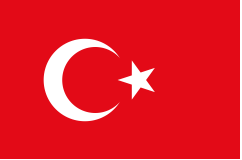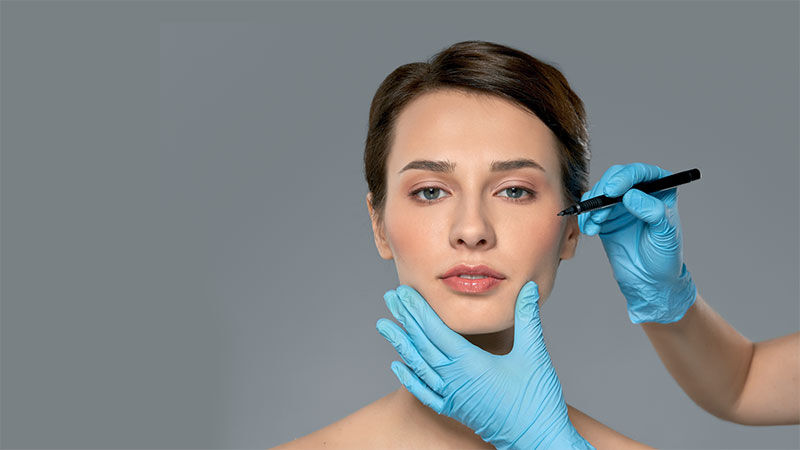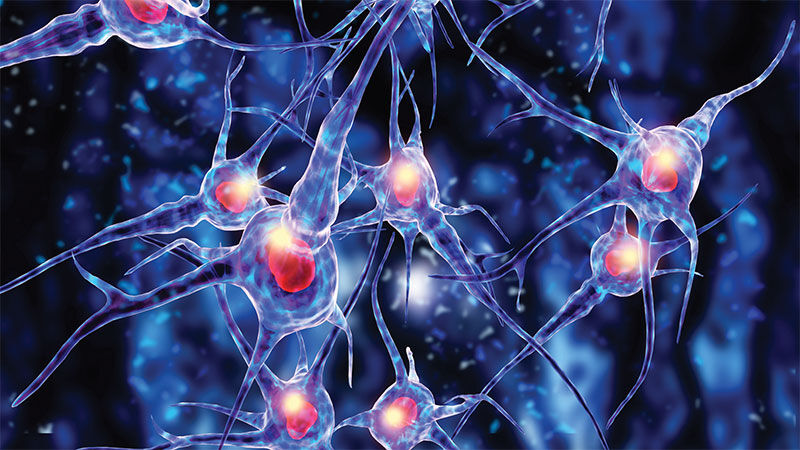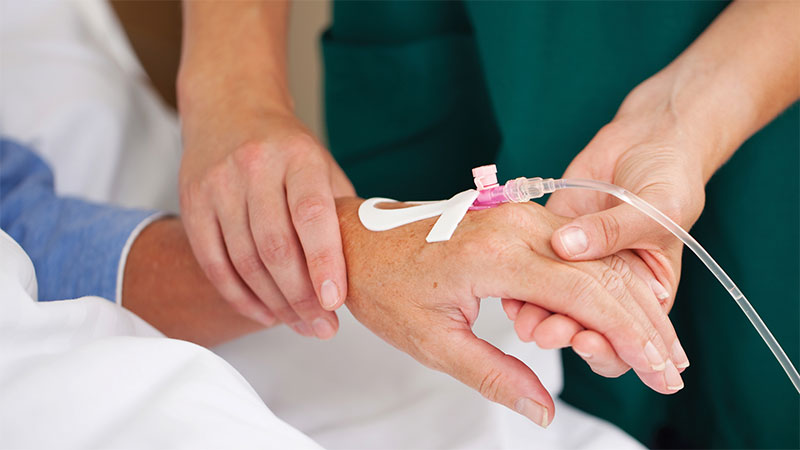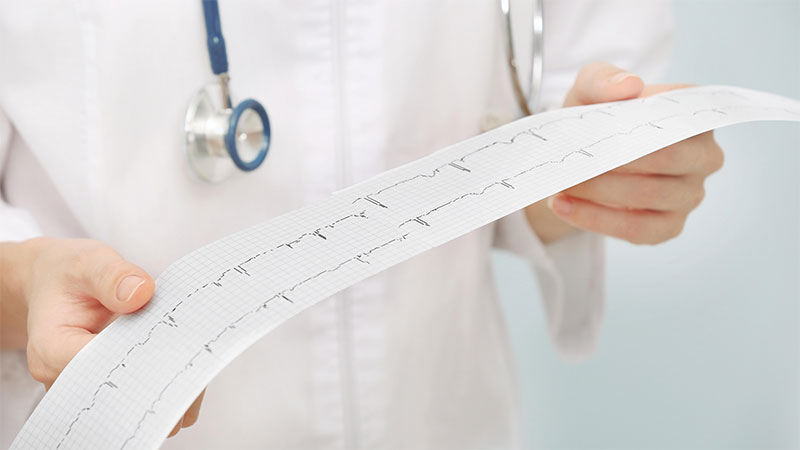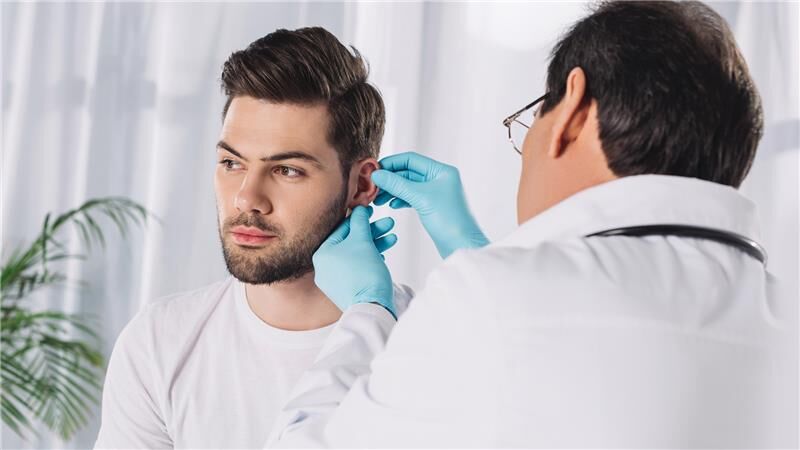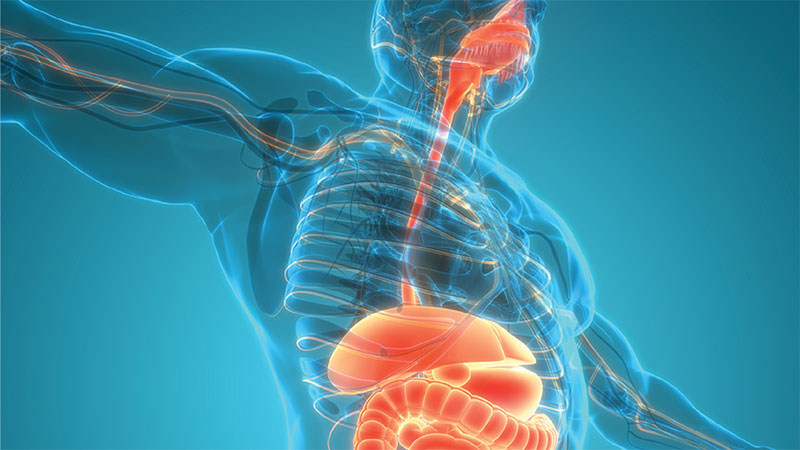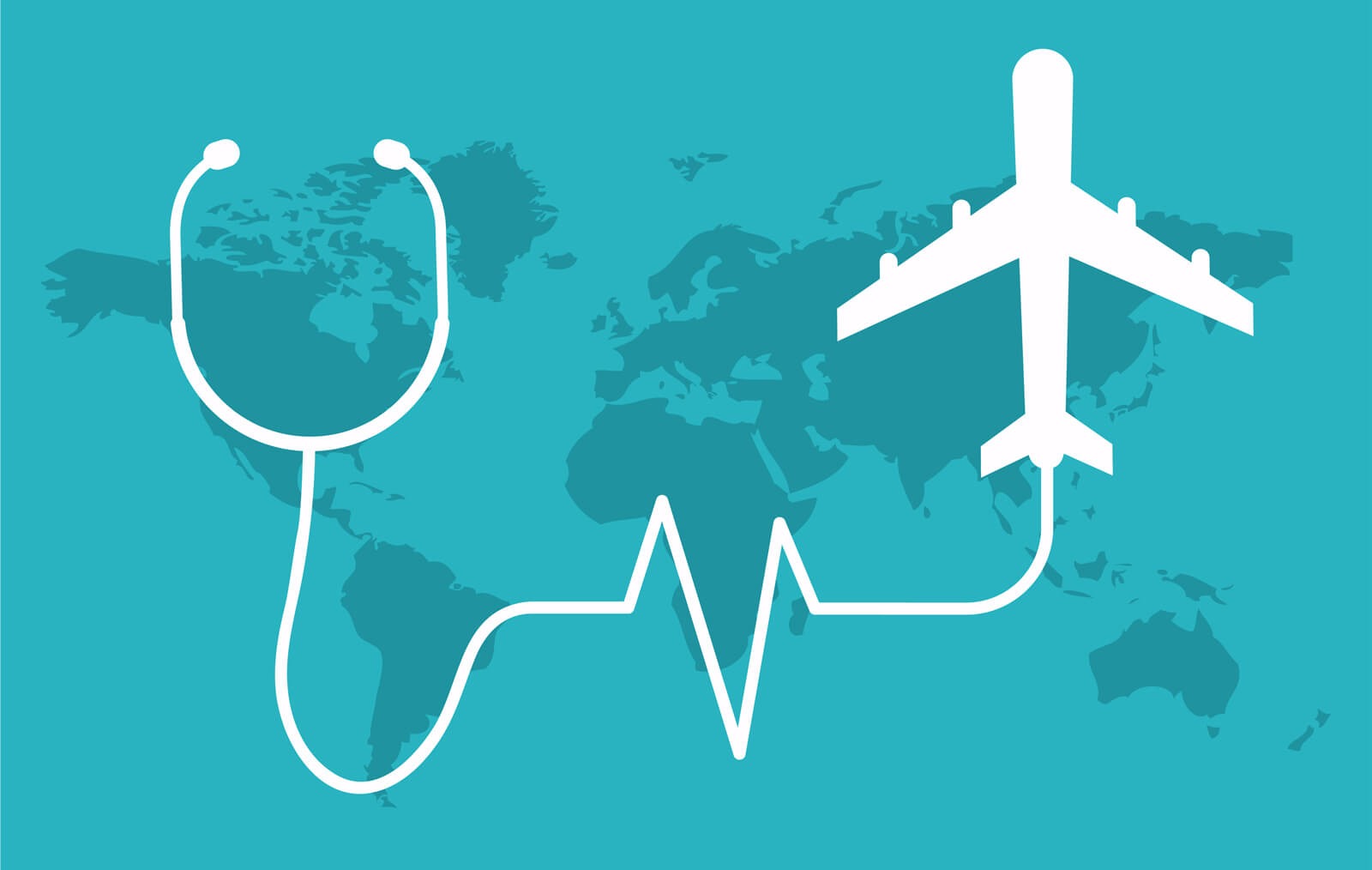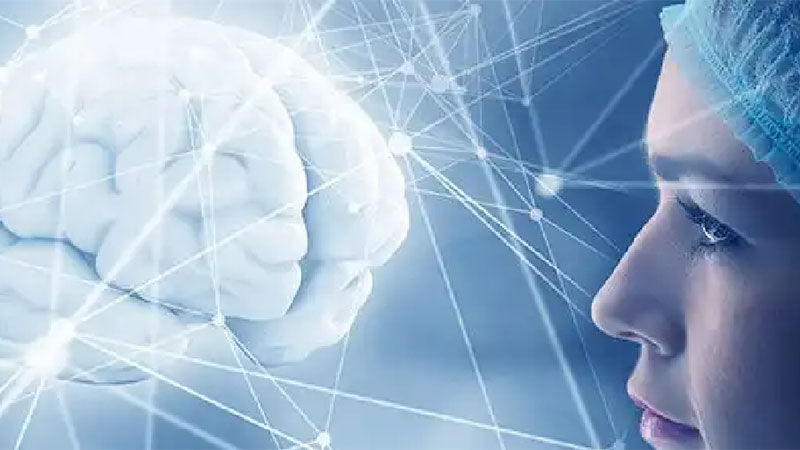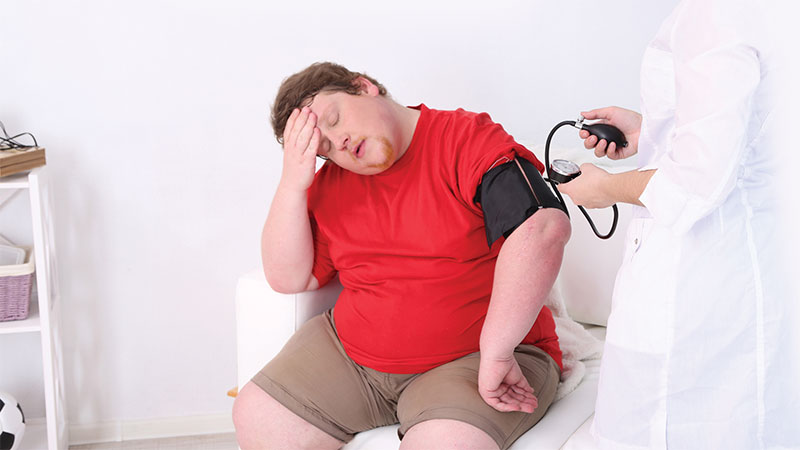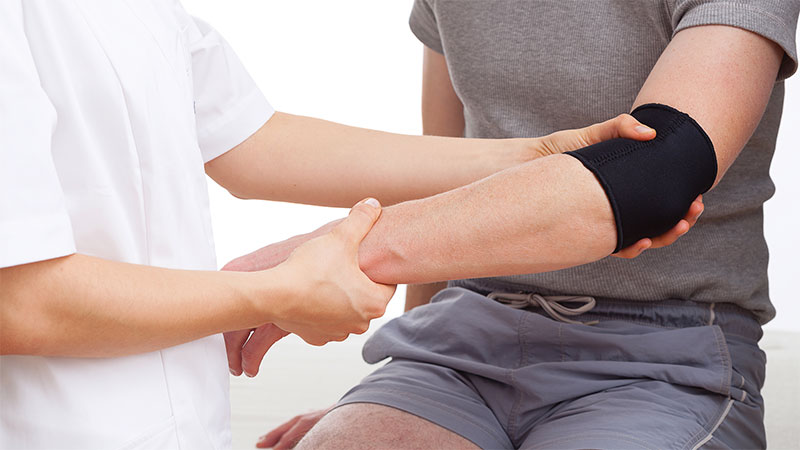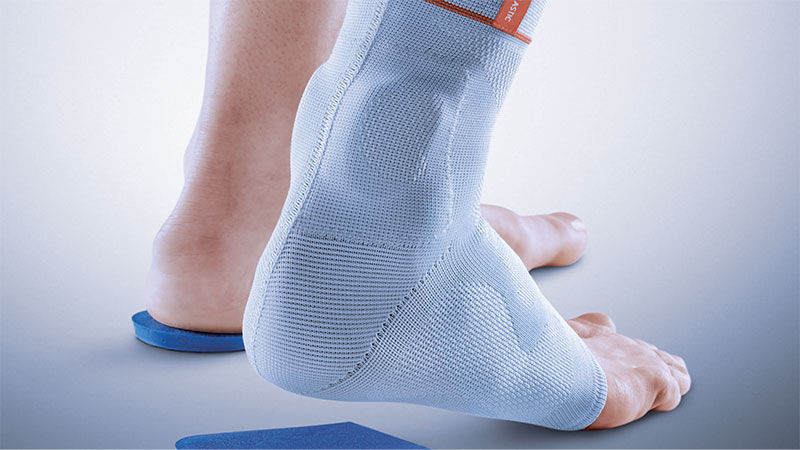Trabzon Physical Therapy / Rehabilitation
Trabzon Physical Therapy / Rehabilitation
Practices in Physical Therapy and Rehabilitation departments; fibromyalgia, low back pain, arthrosis (Calcification), shoulder, elbow, hand and wrist pain, hip, knee, foot and ankle pain, joint stiffness after fracture, rehabilitation after prosthetic surgery, treatment after arthroscopy, rheumatoid arthritis, ankylosing spondylitis ( joint disorders such as frozen spine), fibromyalgia, muscle stiffness, trigger finger, soft tissue rheumatism such as carpal tunnel syndrome, heel spur, neurological diseases such as paralysis, spinal cord injuries, muscle diseases, respiratory disorders, rehabilitation of the geriatric elderly, pediatric rehabilitation, oncological rehabilitation. cases may vary according to the diagnosis and the patient.
In order to evaluate the treatment plan, evaluations such as pain intensity, functional status and activities of daily living, and quality of daily life are made. Before the treatment, the most appropriate treatment method is selected for the patient after a detailed physical therapy examination by the physician.
In Which Fields Is Physiotherapy and Rehabilitation Used?
Orthopedic Diseases and injuries
Neurological and neuromuscular diseases and injuries
cute and chronic pain management
rheumatic diseases
pediatric rehabilitation
Cardiopulmonary rehabilitation (heart-lung rehabilitation)
Congenital or acquired joint and bone disorders
Rehabilitation after burn
Geriatric (elderly) rehabilitation
Metabolic diseases (diabetes, osteoporosis, etc.)
orts injuries
Preventive treatment approaches
What are Physical Therapy and Rehabilitation Practices?
After the diagnosis of the disease is made, an appropriate physical therapy program is planned according to the patient's condition. Physical therapy should be done under the supervision of a specialist physician. This treatment program may include medication, the application of physical therapy techniques, and one or more of the therapeutic exercises.
Heat, light, water agents
Superficial heat ( infrared , hot pack, paraffin, vortex bath),
Deep heat (ultrasound, high-intensity laser, TECAR)
Hydrotherapy (Exercise in the pool, contrast bath, spa treatment, underwater massage, whirlpool bath)
Electrotherapy
It is applied by giving a certain frequency and intensity current to the body. It can be used for the treatment of acute or chronic pain, edema , muscle strengthening or functional training of certain muscles.
mechanotherapy
It is the application of mechanical devices and apparatus for treatment purposes.
Walking robots, arm robots, Traction, spinal decompression ( waist-neck pull), pneumatic compression, CPM devices etc. used.
Manual Therapy Methods
Manual therapy is a form of physical therapy applied only by hand, without using any device or machine. In manual therapy, practitioners use only their hands to reduce problems caused by muscle spasm, muscle tension, and joint dysfunction .
Therapeutic Exercises
It is one of the most important parts of physical therapy. Personalized exercises designed according to the patient and the condition of the disease should only be given by specialist physicians and physiotherapists.
Daily Life Modifications
During the treatment of the disease, the patient may make some adjustments in his daily life. Activity arrangements, adding exercise and sports to daily life, avoiding harmful movements, nutritional recommendations, etc. may be an example of this.
Prosthesis-Orthotics use
Prostheses: Apparatuses made to imitate the missing limb.
Orthoses: Apparatuses used to protect, support and increase the performance of an existing limb. ( knee brace, corset, walking stick, bandage, tape, kinesiotape etc.)
How Long Does Physical Therapy Take?
Physical therapy is done in sessions. In orthopedic diseases, a total of 10-20 sessions of 1 hour can be applied in general. In neurological diseases, rehabilitation is generally a longer process, it is applied in 1-2 hour sessions, but the rehabilitation process may take years depending on the patient's condition.
Are Physical Therapy Applications Painful?
During physical therapy applications, the patient usually does not feel pain. However, if the patient has joint limitation, for example, if there is a frozen joint, there may be mild pain as the physiotherapist can perform stretching exercises.
What are the Conditions to Be Considered?
Inflammatory conditions, active periods of rheumatic diseases (the periods when the joints are swollen, hot and painful), vascular occlusions, varicose veins, open wounds and infected areas are considered in applications or applications that are not deemed appropriate by the specialist physician are not performed
What are the Possible Risks and Side Effects of Physical Therapy and Rehabilitation Practices?
Physical therapy is a treatment approach with very few side effects and risks. However, although rare, undesirable effects such as skin redness and sensitivity may occur.
Very rare side effects are skin hypersensitivity, blood pressure changes.
Risks are rarely seen in the presence of appropriate technique, adequate medical equipment and experienced medical personnel.
In order to minimize the incidence of these conditions, you should give detailed information to your doctor about your medical condition before the application. You should inform your doctor about known drug allergies and diseases.
- Days Locations 2 / Treatments

